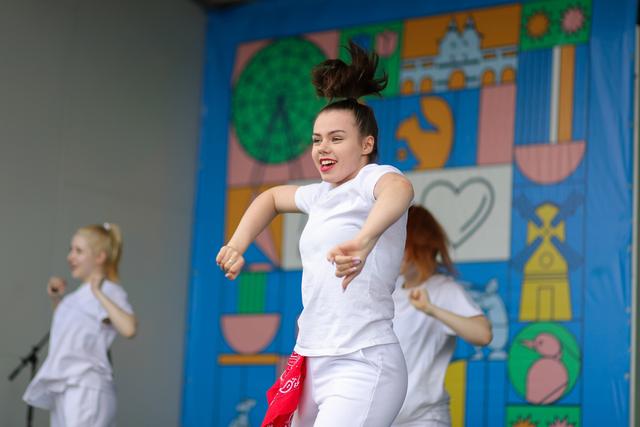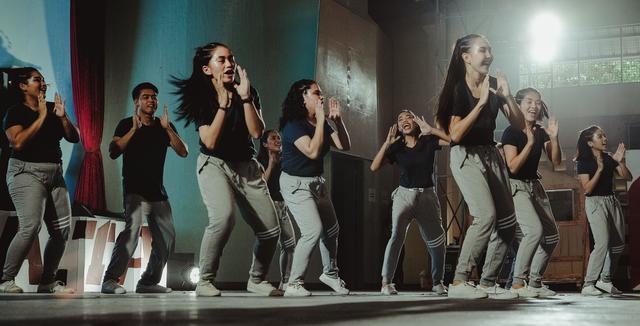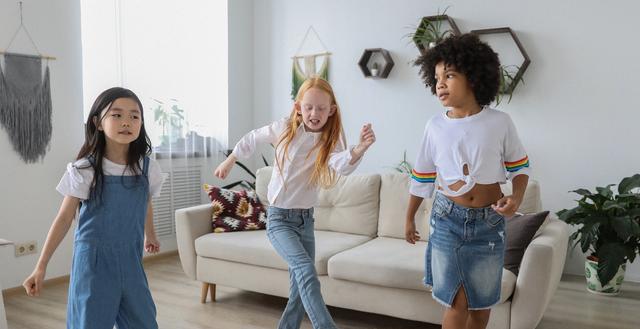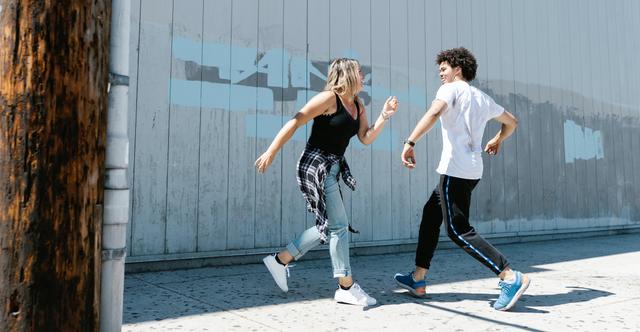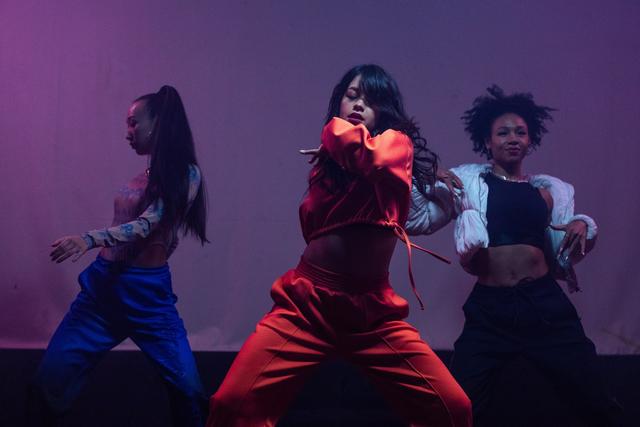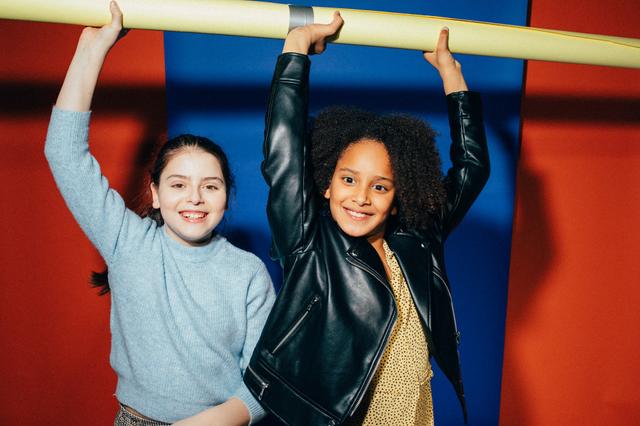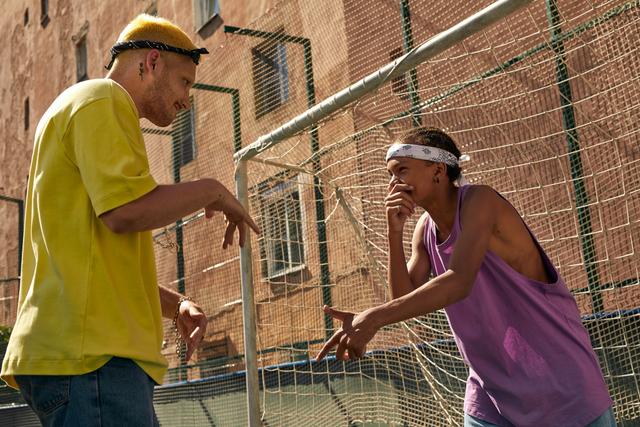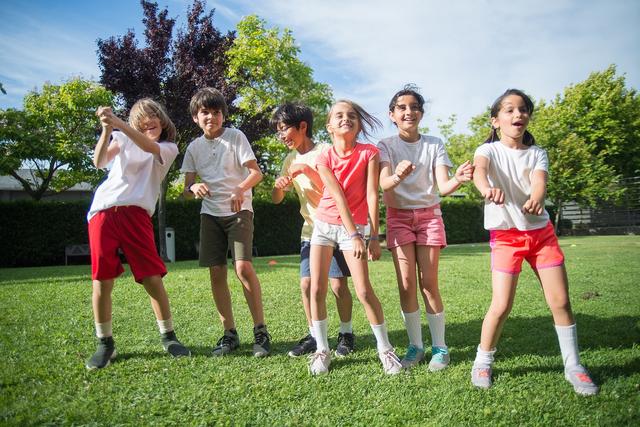Hip-Hop For Kids In The UK
Hip-Hop culture, a dynamic and spirited art form, took root in the UK during the late 1970s and early 1980s. Initially introduced through American records and influenced by American military bases and travellers, Hip-Hop rapidly carved its niche within the British music landscape. The mid-1980s marked the emergence of organised Hip-Hop events across the country, setting the stage for an evolving music scene that would soon produce its first recorded UK Hip-Hop single, "Doctorin' the House" by Coldcut in 1988.
Since these foundational years, UK Hip-Hop has thrived and expanded, giving rise to iconic British artists like Dizzee Rascal, Wiley, and Stormzy, who have contributed significantly to the genre's global stature and appeal. What sets the UK scene apart is its distinctive integration of diverse musical styles including grime and garage, which has enriched the traditional Hip-Hop sound with new rhythms and narratives, creating a vibrant tapestry of sounds that resonate with a wide audience.
These developments illustrate the unique trajectory of Hip-Hop in the UK—a journey marked by significant milestones and a constant evolution that maintains its relevance and appeal to the younger generation. As the scene continues to grow, it attracts not only artists but also young enthusiasts eager to partake in the creative expression and community that Hip-Hop fosters. This flourishing cultural phenomenon not only highlights the musical diversity found within the UK but also showcases the country's role as a pivotal influence in the global Hip-Hop sphere.
The Benefits of Hip-Hop
Participating in Hip-Hop offers numerous health benefits for children, enhancing both their physical and mental well-being. Primarily, dancing, a fundamental aspect of Hip-Hop, serves as a fantastic physical activity, keeping kids active and significantly boosting their fitness levels. This vigorous form of exercise helps in improving coordination, agility, and strength, while also offering a fun way to combat childhood obesity.
Beyond physical health, Hip-Hop encourages children to engage creatively, expressing themselves through dance, rapping, and other elements like graffiti. This creative outlet is crucial for cognitive development and can foster problem-solving skills and innovation. The social nature of Hip-Hop also aids in developing valuable interpersonal skills. As children interact with their peers, they learn to collaborate and communicate effectively, nurturing friendships and teamwork skills in a supportive environment.
Furthermore, the confidence gained from mastering new moves and performing in front of others can be transformative, boosting self-esteem and personal growth. Educational benefits also abound, as studies highlight that children involved in the arts, including Hip-Hop, often achieve higher academically. Thus, Hip-Hop is not just an artistic engagement but a comprehensive developmental tool that fosters health, confidence, and cognitive benefits, making it an excellent activity for children.
FAQs
Q: What age is appropriate for kids to start participating in Hip-Hop?
A: Kids can start getting involved in Hip-Hop from a young age, with many organisations offering classes and workshops for children as young as three or four years old.
Q: Where can kids in the UK find opportunities to participate in Hip-Hop?
A: There are numerous organisations, schools, and community groups across the UK that offer Hip-Hop classes, workshops, and events for kids. Some popular ones include Urban Development, Beatbox Academy, and the Hip-Hop Dance Council UK.
Q: Is Hip-Hop a violent or negative activity for kids?
A: No, Hip-Hop is a creative and expressive art form that can have numerous positive benefits for kids. While there may be negative aspects associated with some elements of the culture, the vast majority of Hip-Hop activities for kids are focused on promoting positivity, creativity, and self-expression.
Q: How can parents support their kids in their Hip-Hop pursuits?
A: Parents can support their kids by encouraging their involvement, attending performances and events, and providing access to resources and opportunities. They can also help their kids develop essential skills like time management, discipline, and teamwork.
Q: What are the long-term benefits of Hip-Hop for kids?
A: The long-term benefits of Hip-Hop for kids can include improved physical fitness, enhanced creativity, better social skills, increased confidence and self-esteem, and academic success. Additionally, involvement in Hip-Hop can lead to opportunities for further education, employment, and personal growth.
